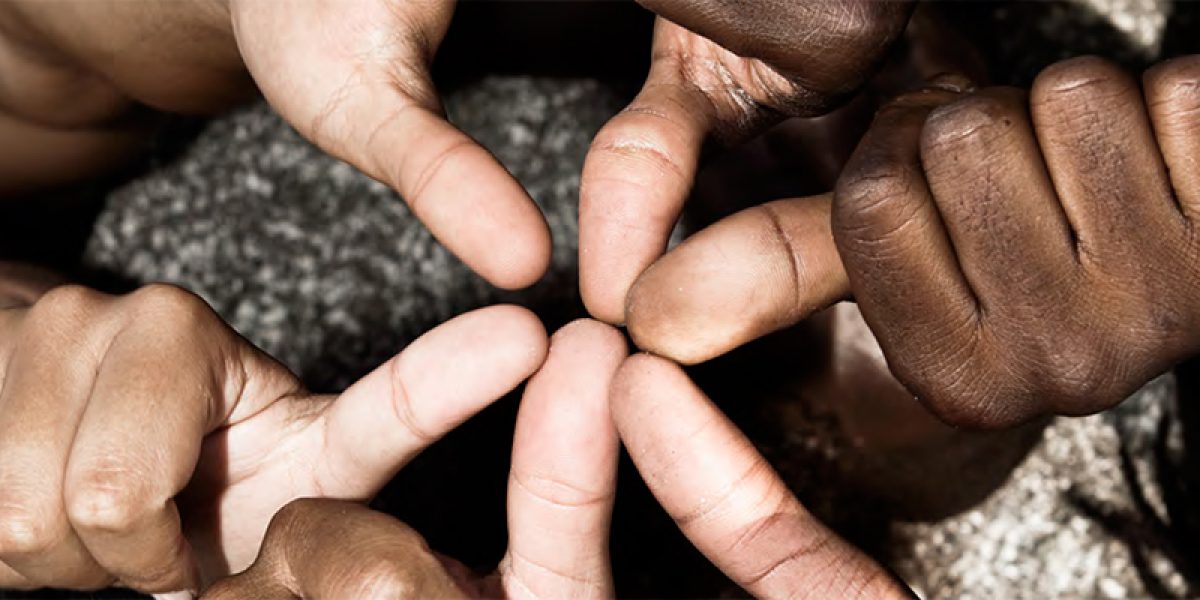Spain: report on reception and integration
30 April 2018

Brussels, 9 April 2018 – The report “Welcoming without integrating“ highlights the integration conditions of refugees in Spanish society, and the role played by the Reception System.
In 2016, the number of asylum-seekers in Spain tripled. In 2014 the number of applicants was 5,952, while in 2016 it was already 16,554. However, the country has only welcomed the 1.29% of all refugees who entered the European Union between 2007 and 2016, not a great proportion in relation with the economic and political weight of Spain. Even so the increase in the number of asylum applicants severely strained the Spanish international protection system, causing its crisis since the end of 2014. This generated a lack of protection for many applicants who chose to continue on their way to Northern Europe.
The Spanish administration fought the crisis through different measures since mid-2015, such as increasing budgetary investment, number of staff processing applications and reception places. However, although the reception places increased from 930 in September 2015 to 4,300 in January 2017 (and an estimate of 8,700 at the end of 2017), a stable political, legislative and financial framework has not been developed. Due to this reason, the Reception System is unable to overcome the difficulties of integration that refugees face in Spanish society.
The complicated integration in Spanish society
Regarding the job market, despite the fact that 20% of refugees graduated from higher education, their employment is characterized by scarcity and precariousness. Just a small portion of applicants for international protection manage to insert themselves into skilled jobs and professional service occupations.
"They work in a cyclical way, and with unequal periods of formal employment, unemployment and informal work, suffering a deterioration of their personal, economic and family situation. Despite having a work permit after six months since arrival, those who get asylum in Spain do not have access to regular and stable employment in their first years in the country," states Juan Iglesias, director of the Cátedra de Refugiados y Migrantes Forzosos of Comillas ICAI-ICADE.
Some of the measures proposed in the report to promote the integration of refugees into Spanish society are:
- Reform the distribution system of places for asylum-seekers during the reception phase.
- A more flexible system according to the needs of integration, by supporting people in the processes of transition between the stages of reception, autonomy and full social integration.
- Protect the educational trajectories of refugees by facilitating the recognition of degrees and creating a scholarship fund, which, in addition to public funding, could receive private funds.
- More flexible models of economic aid control, giving greater autonomy to the organizations and the refugees themselves.
- Develop a regulatory framework that formally includes the policy of reception and integration in Spain, its limitations and its obligations.
- Review the asylum procedures, in order to comply with the legal deadlines and reach acceptance rates similar to those of the EU.
- Offer alternative paths for the regularization and social integration of rejected asylum-seekers.
Report “Welcoming without integrating: The system of reception and conditions of integration of applicants of international protection” published by Servicio Jesuita a Migrantes, the Cátedra de Refugiados y Migrantes Forzosos (IUEM) of the Universidad Pontificia Comillas ICAI-ICAD and the Instituto de Derechos Humanos Pedro Arrupe of the Universidad de Deusto.
For more information and interviews:
Comillas ICAI-ICADE
Juan Manuel Daganzo – +34 679 311 276 – +34 915 422 800 ext. 2475
jdaganzo@comillas.edu
José Ganga – +34 915 422 800 ext. 2886
jganga@comillas.edu
“They work in a cyclical way, and with unequal periods of formal employment, unemployment and informal work, suffering a deterioration of their personal, economic and family situation.”
